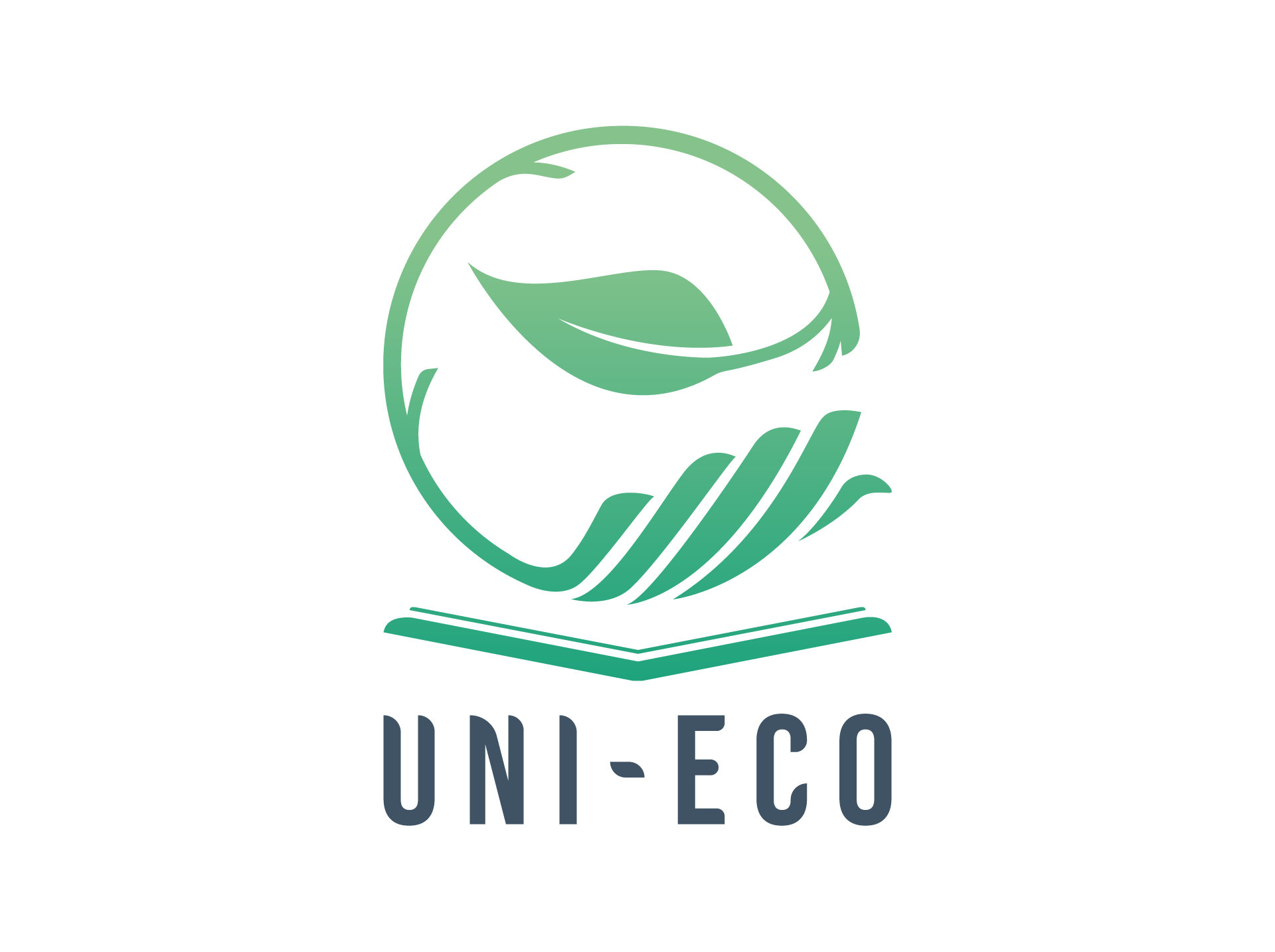Encouraging sustainable diets to reduce carbon emissions
Short description
Enhancing transparency about the climate impact of food choices in the cafeteria to encourage plant-based diets, thereby reducing carbon emissions.
Long description
Food production is responsible for approximately 30% of greenhouse gas emissions in the EU and agriculture is the largest contributor to Ireland’s overall emissions. A more detailed analysis highlights the need for dietary change from meats to plant-based diets. According to the FAO Statistics, about 498.9 grams of CO2 equivalents are produced per gram protein from red meats, whereas only 4.4 grams of CO2 equivalents are produced per gram protein from pulses. In line with Trinity’s aims to reduce greenhouse gas emissions by 80% by 2050 we are focusing on food-related emissions on campus. There is a lack of transparency surrounding the carbon emissions and environmental impact of food provided at the university. We plan to resolve this by informing the students and staff of Trinity College Dublin of the ways that their diet choices can impact the environment. We will develop signage including a traffic light system which will indicate foods that have a low impact (green) or high impact (red) on the environment along with displaying CO2 equivalent emissions that have been produced due in food production and the estimated waste created. We will partner with the college catering company along with Evocco, a food climate impact app produced by Trinity graduates, in order to get accurate information and to identify a location for the infographics that will be produced. As a team, we expect to reduce the environmental impact of Trinity College Dublin in terms of food and food consumption as well as informing staff, students and visitors of the possible impacts their diets could have on the environment.
September -December 2020 : Project initiation phase
December - February 2021: Requirement definition and planning
March - September 2021: Launch / project execution
September - December 2021: Controlling and Monitoring
Scope of the project
The project will be piloted at the Buttery restaurant, providing about 300-400 meals daily under normal circumstances, with hopes of expanding the system to further food outlets on campus. Targeting the ~20,000 members of Trinity, the project will critically reduce carbon emissions on campus.
Budget
Generally, funds will not be required to implement the project; however, to carry it out in an inclusive way, we would like to utilize ~500 euro as a mechanism that enables persons who cannot afford healthy or plant-based food to buy food at the Buttery by means of food vouchers. Considering that transforming the wider food system is a question of environmental and social justice, it will be of critical importance to incorporate the project in a socially responsible way and reduce stigmas associated with the affordability of plant-based diets.
How do you envisage dealing with COVID-19 restrictions?
Due to the low numbers of students currently passing through the Buttery, we aim to have the project up and running for the new academic year, when we can have a greater impact. In terms of Covid-19 restrictions, we do not envisage that they will impede our project in any way as it is information/awareness based and in order to reach a wider audience, we will make the information of CO2 equivalent emissions for the menu available online and on social media platforms. Lastly, as highlighted by the recently published “Making Peace with the Nature Report” by the United Nations Environment Programme, the current pandemic highlights the interrelationship between different dimensions of environmental, social, and economic systems, as well as the role for all actors of the society. As such, transforming the food system at the university and incentivizing behavioural change among the community, will be critical in achieving the goals foreseen in the Agenda 2030 and the Paris Agreement.
University
Trinity College Dublin
Target audience
- Students
- Academic staff members
- Non-academic staff members
- Others
When campus is re-opened after COVID-19 restrictions ease, we will also reach the general public.
Expected date to be completed
12/31/2021
Team Leader Information
Name: Claire McNamee
Faculty/Department: School of Natural Sciences
Position: Student
Number of members of this group: 2
